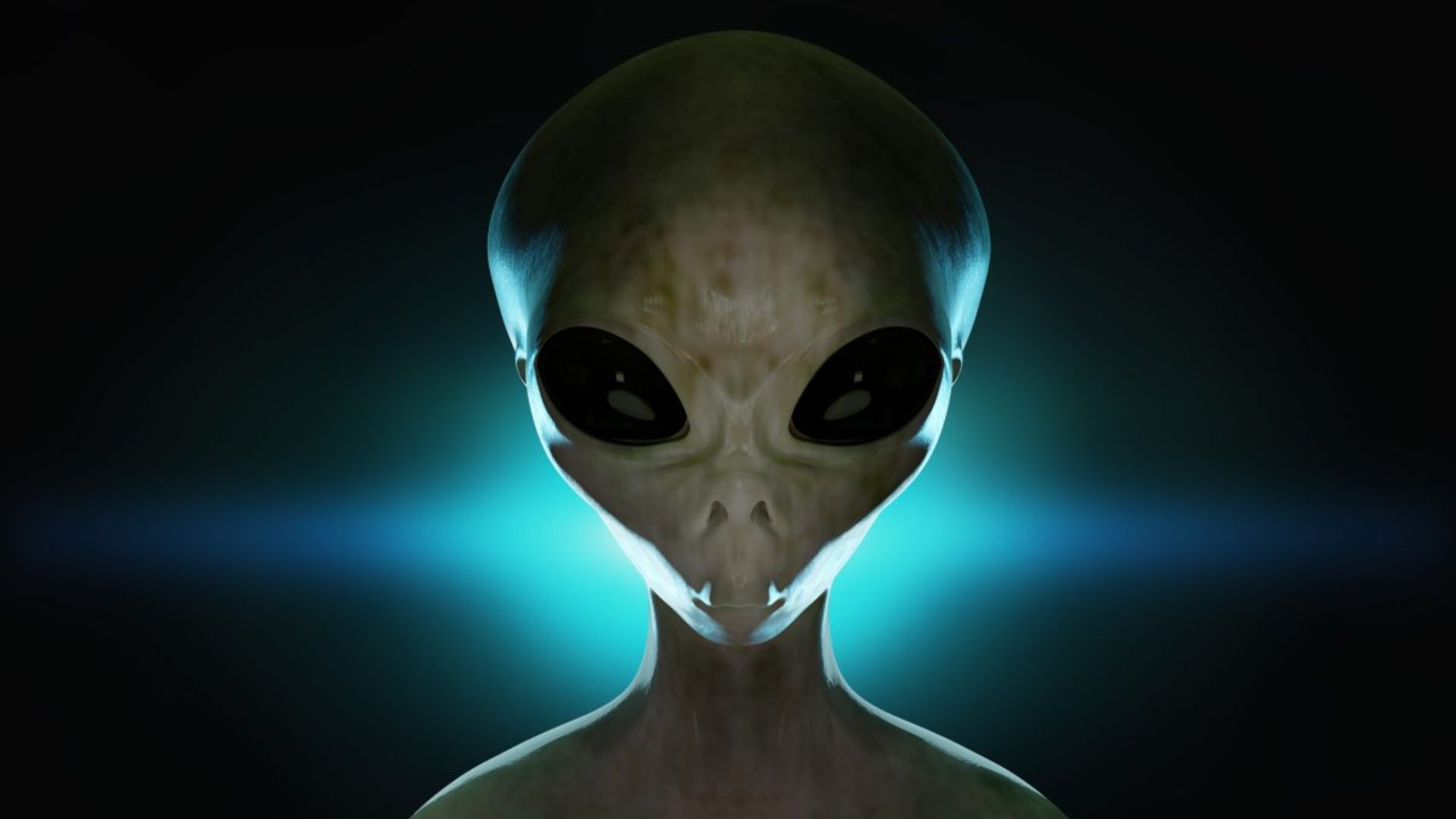Harvard researchers have proposed a groundbreaking hypothesis about “cryptoterrestrial” beings—hidden intelligent entities living on Earth. The Human Flourishing Program’s study, led by Dr. Emily Roberts, delves into ancient human civilizations, advanced non-human species, and mystical entities like fairies and elves.
By analyzing historical accounts, folklore, and global encounters, the team explored the plausibility of these cryptoterrestrial theories and their potential links to modern phenomena such as unidentified aerial phenomena (UAP).
“Our study sought to explore the intersection of scientific inquiry and cultural mythology,” explained Dr. Roberts, lead author of the study. “We wanted to investigate whether there could be hidden terrestrial beings that defy conventional scientific understanding.”
Published in Scientific Reports, the study examined cases of anomalous skeletal remains, supposed underground civilizations, and historical encounters with otherworldly beings. A notable example is the Chilean Atacama skeleton, initially considered extraterrestrial but later identified as a human fetus with genetic mutations.
“We examined a wide range of evidence, from archaeological findings to modern-day UAP reports,” said Dr. Roberts. “While some accounts may seem fantastical, they offer valuable insights into human perception and cultural beliefs.” The research team also explored the concept of underground or underwater bases allegedly inhabited by cryptoterrestrial beings.
Claims of hidden facilities in Antarctica and ocean depths have long fascinated conspiracy theorists and UFO enthusiasts. “While many of these claims lack empirical evidence, they highlight humanity’s fascination with the unknown and the possibility of hidden realms,” noted Dr. Roberts.
Despite the intrigue of cryptoterrestrial theories, researchers emphasized the importance of rigorous scientific scrutiny and empirical validation. “We must approach these theories with caution and a healthy dose of skepticism,” stated Dr. Roberts. “While they may spark curiosity and imagination, scientific inquiry demands evidence-based explanations.”
The Harvard study has reignited interest in the mysterious domain of cryptoterrestrial beings and their possible influence on human culture and mythology. “The study opens new avenues for interdisciplinary research and encourages dialogue between science and folklore,” concluded Dr. Roberts. “While the truth may remain elusive, the pursuit of knowledge enriches our understanding of the world around us.”
Last September, NASA’s investigation into UFO sightings found no evidence of aliens but didn’t rule out the possibility. NASA administrator Bill Nelson stated the agency will lead UAP research and share data transparently.







